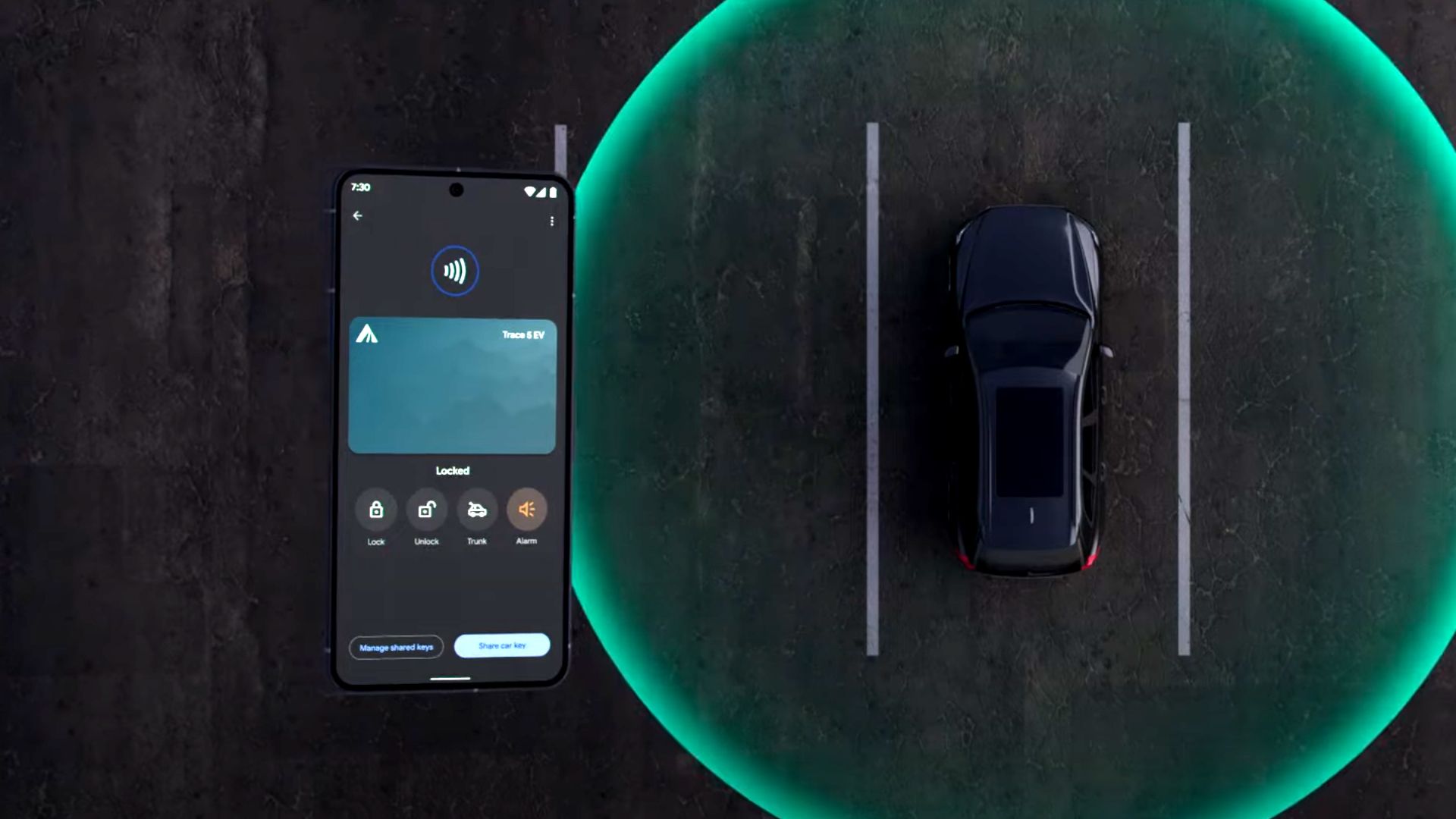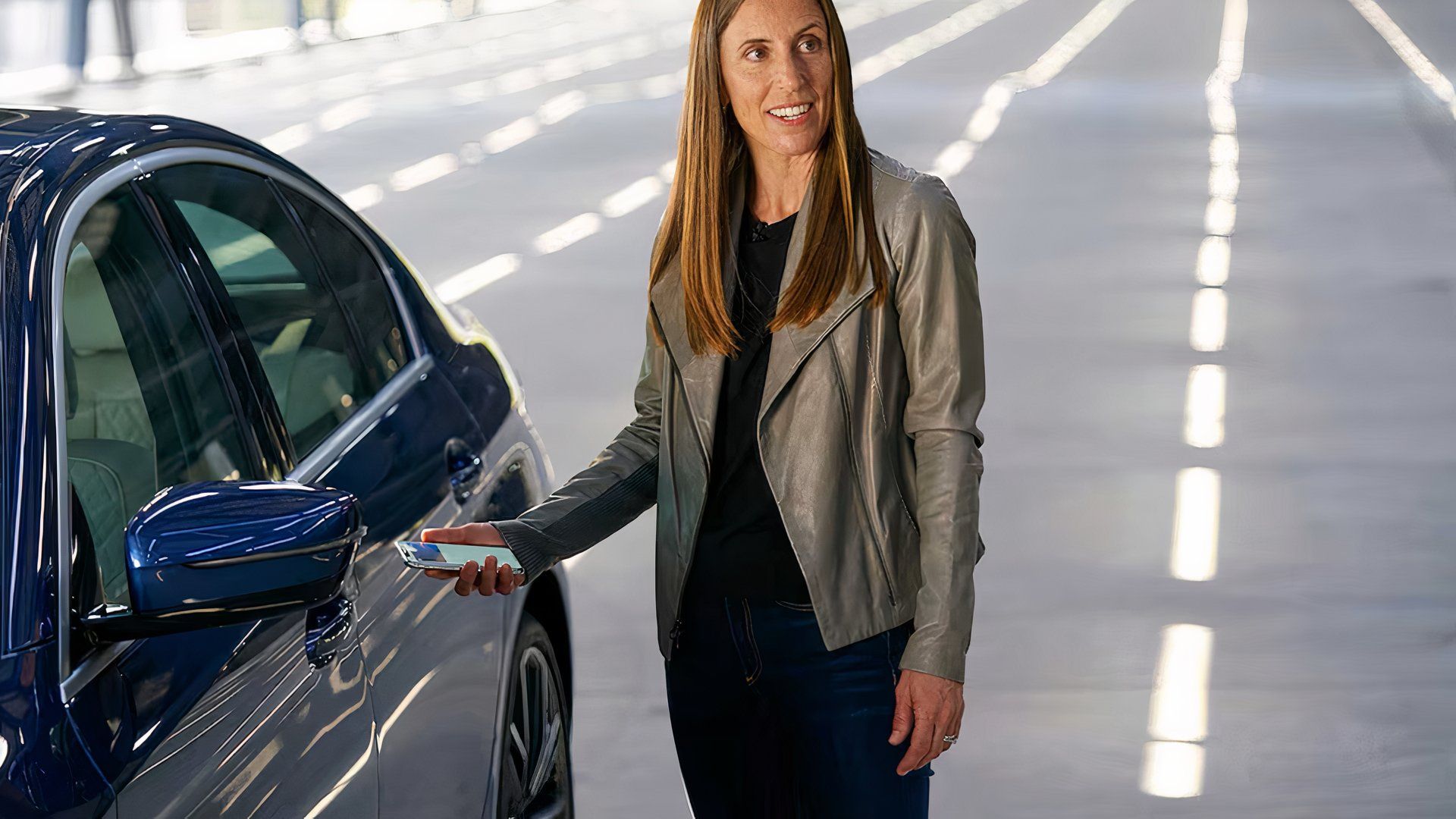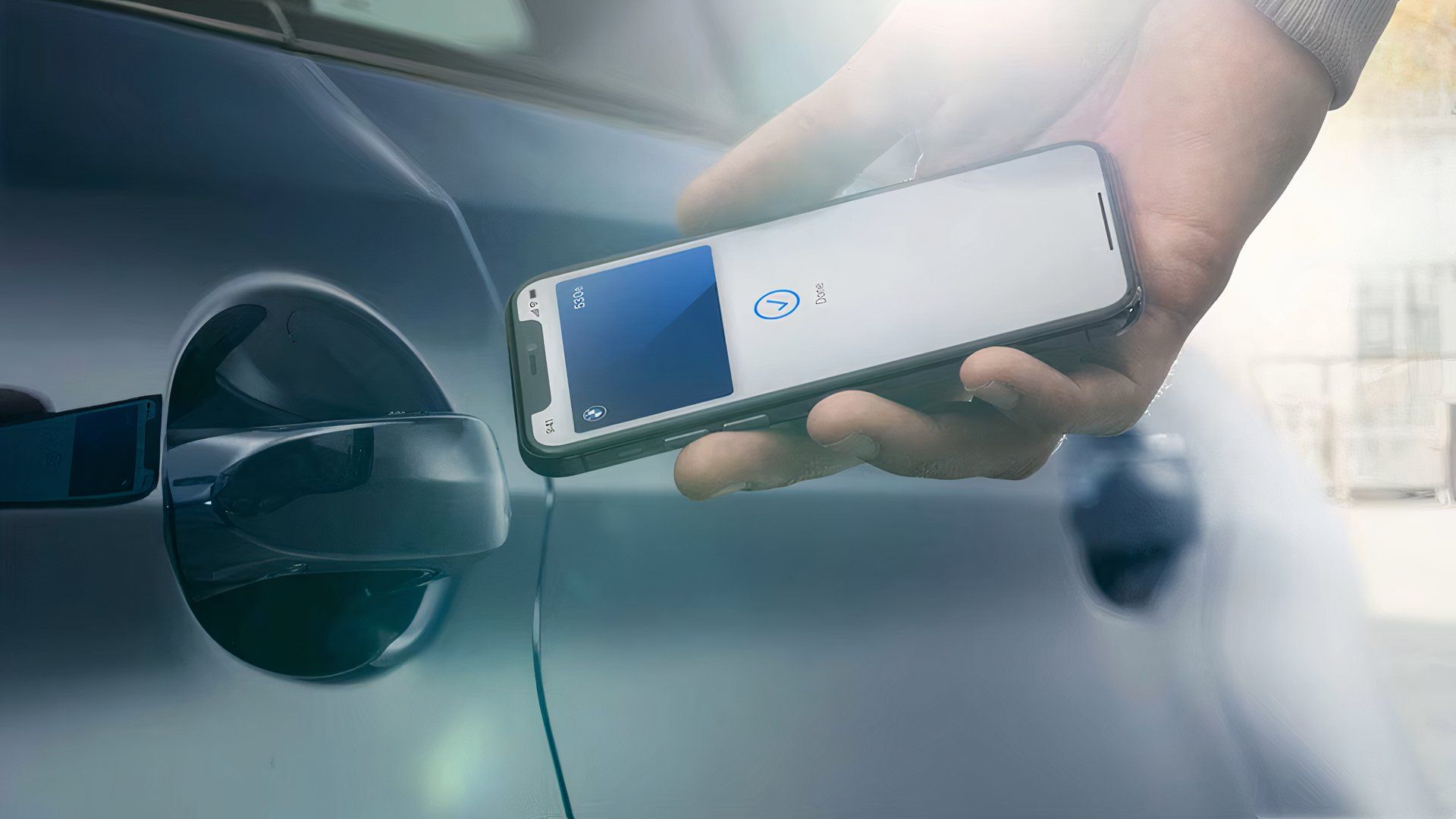Key Takeaways
- Digital car keys have struggled to become the standard due to high cost and little consumer demand for premium tech features.
- Automakers are concerned about security vulnerabilities and struggle with complex protocols set by tech giants such as Apple and Google.
- Despite current challenges, competition and technological advances are expected to lead to widespread adoption of digital car keys by 2030.
Our cars are becoming more and more connected to our smartphones, which will come as no surprise to anyone shopping for a new or used car recently, as even 10-year-old models are now compatible with Apple CarPlay. Car manufacturers usually provide apps with manuals and other important data, and there will be plenty of complaints if your car doesn’t support Bluetooth calling and music.
For some reason, digital car keys have still struggled to catch on. It takes some effort to find a car with Android Key, and most models that support Apple Car Key are an expensive option offered by BMW. Why aren’t digital keys standard in 2024? We don’t know for sure, but there are a few possible explanations.
What is a Digital Car Key?
digital car key
Use your smartphone or smartwatch to unlock and start your vehicle, using NFC for close-range interaction and UWB for safe, precise distance measurement.
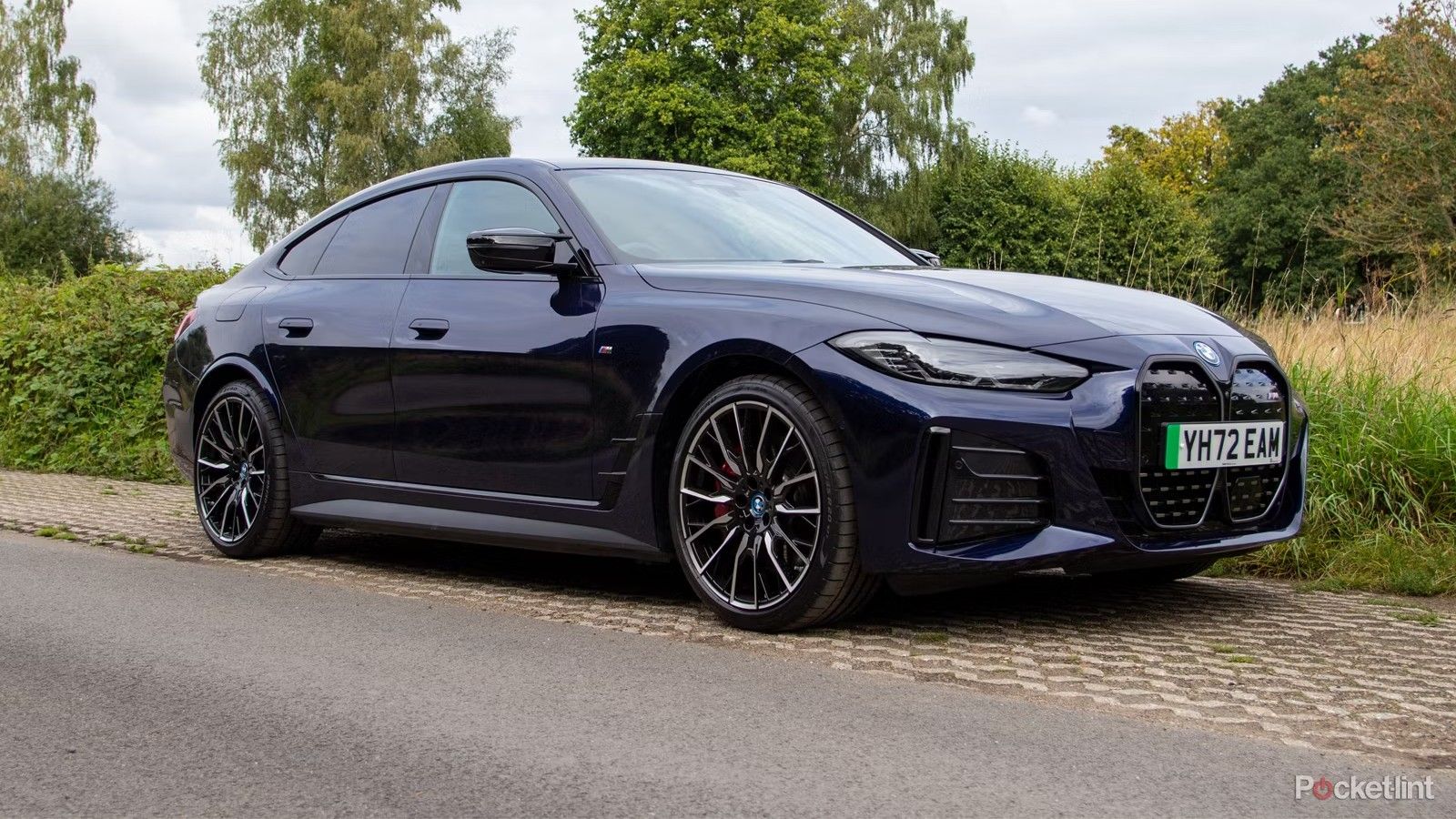
Related
The best electric vehicles for US roads
These are the best EVs you can buy right now.
The Economics of Digital Car Keys: Costs and Consumer Impact
Advanced Features and Software Integration Challenges
Digital car keys often require installing an NFC reader in the door handle or ignition system and implementing new software support for the pairing process. This means more expense in parts and development, and automakers will always pass that cost on to consumers unless it’s necessary to attract customers. That’s why the technology is more likely to be found in more expensive models and trims. Luxury car buyers expect the latest technology, and in some cases, a digital key can be a way to upsell to those opting for something more affordable. But the result is that there are few compatible models for us mortals to choose from.
“Luxury buyers expect the latest technology and, in some cases, a digital key can be a way to upsell to those opting for something more affordable.”
The most attractive digital key technology is called “passive entry,” which allows a car to automatically lock, unlock, and even start when a paired device is nearby. This requires automakers to include ultra-wideband (UWB) receivers, but the target market may be limited: relatively few phones and watches have UWB built in, unless they’re flagship products from Apple, Google, or Samsung. As UWB becomes more ubiquitous in phones and a clear selling point for cars, digital key support may become more widespread.
Don’t underestimate the software side of things. While the details are unclear to those outside the industry, updating mobile apps and dashboard systems would undoubtedly require a lot of work, and automakers are notoriously reluctant to invest in software. Just look at how inferior the dashboard interface is compared to CarPlay and Android Auto. It’s telling that software-pride companies like Tesla and Rivian were relatively quick to implement their own digital keys.
Digital Car Key Security Concerns
Technical hurdles and consumer confidence
BMW
Digital keys may actually be more secure than key fobs, but they still have their issues. Systems that use Bluetooth can be vulnerable to relay attacks, as the UK’s NCC Group demonstrated a few years ago. And, as TechCrunch points out, around the same time, another researcher was able to remotely access a few dozen Teslas by exploiting a bug in an open-source logging tool used by some owners. Security concerns may be why automakers are moving slowly: the last thing they want is to be held accountable for a wave of thefts.
Protocols can also be a headache for automakers: key generation, sharing, and authentication involve complex flows that are often dictated by Apple or Google, not the automaker’s preferences. While there may be some flexibility in the pairing process, strong encryption is essential to protect against hackers.
Some shoppers may be wary of digital keys. Nowadays, we all fear our phones and computers being hacked, much less our cars, which could prevent us from going to work or picking up our kids from school. Thankfully, this concern doesn’t seem widespread: car theft has been a problem for over a century, and often involves simpler, more violent methods than cracking encryption.
Nowadays, we all fear that our phones, computers, or even our cars will be hacked, meaning we can’t go to work or pick up our kids from school.
Is there hope for digital car keys?
Waiting for the trigger point
BMW
I am convinced. Adoption has been slow so far, but high-tech car features tend to eventually reach the masses. For example, the first car with CarPlay was the Ferrari FF, which was out of reach even for many affluent shoppers. Within a few years, the feature was adopted by brands like Ford, Kia, and Volkswagen. The reason is competition. I’m no capitalist, but I know that automakers, like any tech company, are always looking for added value that gives them an edge.
They may be waiting for a moment when manufacturing and development costs stabilize and automakers decide that digital keys are the next step that will make sense for “regular” cars, not just luxury and premium vehicles. It’s unclear when that point will be reached, but I’d be surprised if digital keys aren’t widespread by 2030.
I’d be surprised if digital keys aren’t widespread by 2030.
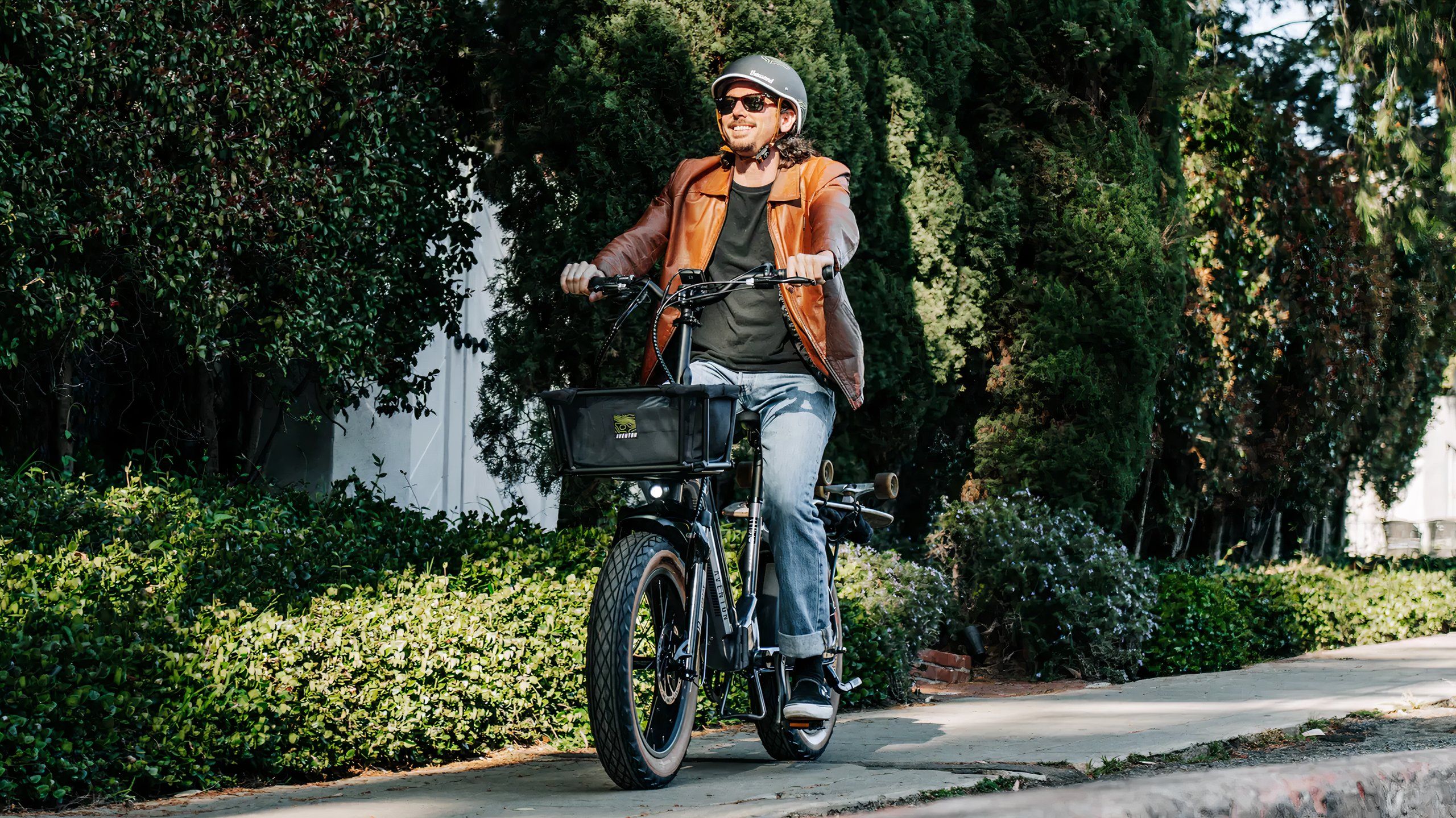
Related
What you need to know before buying an electric bike
Instead of simply buying the cheapest electric bike, you can buy something better.


